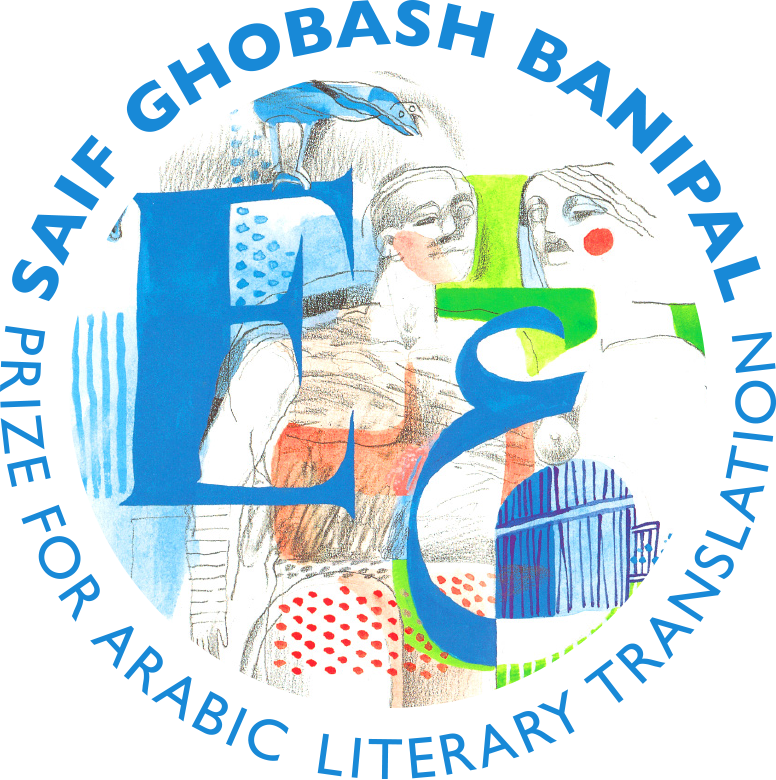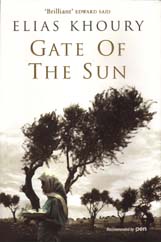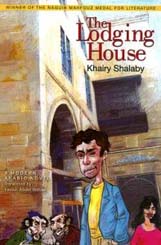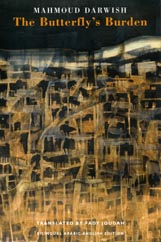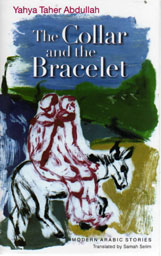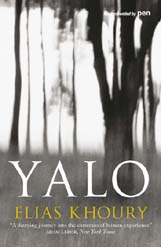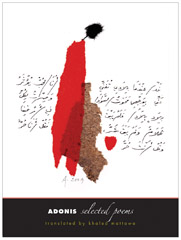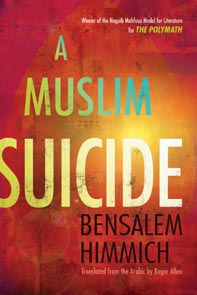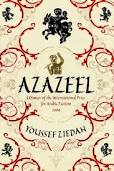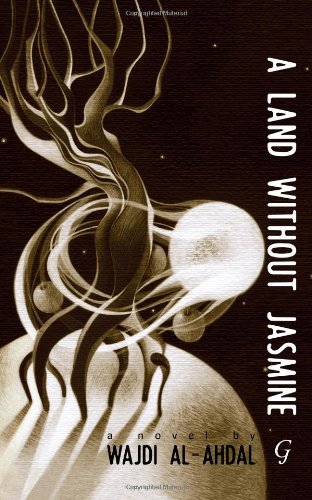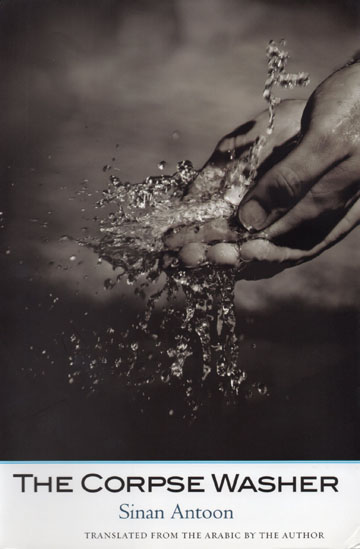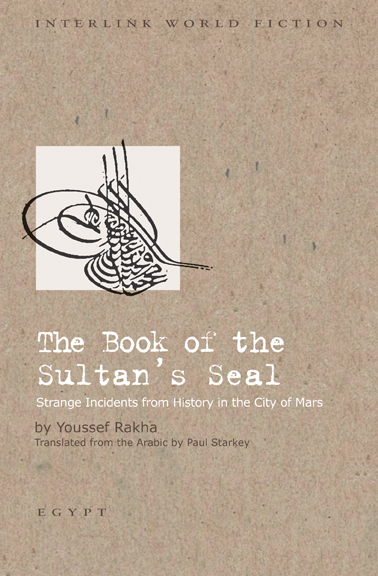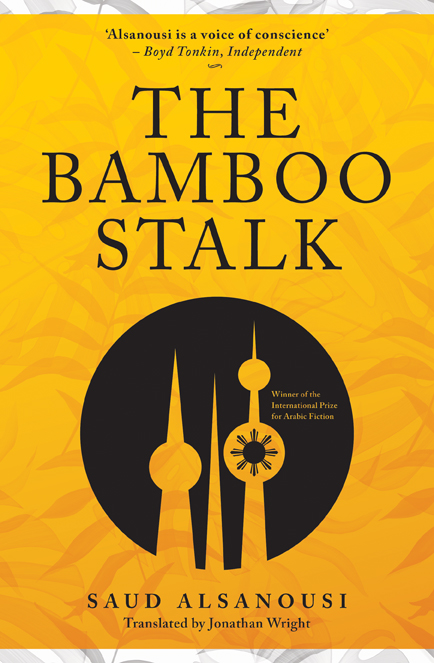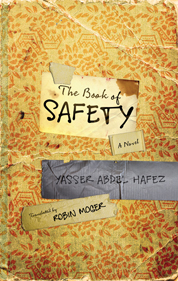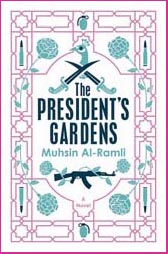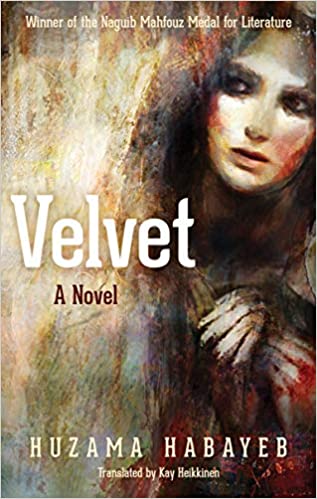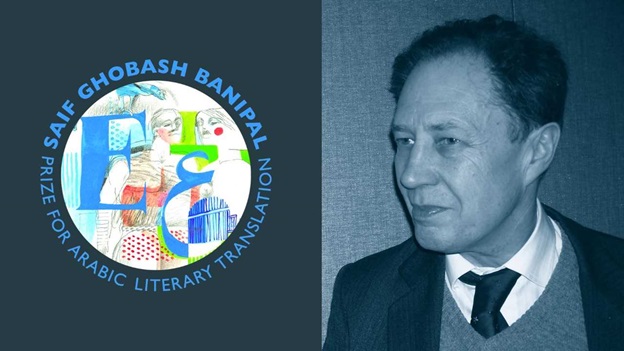Annual Lecture 2021
 Jonathan Wright
Jonathan Wright
on
Change and Continuity in Contemporary Arabic Fiction
This online event was hosted by the British Library on Zoom
In this year's lecture, translator Jonathan Wright discussed the odd case of Arabic literature – written in a language that is no one's mother tongue, with a morphology that has hardly changed for more than a millennium
He drew on his own experience as a translator of contemporary Arabic fiction to examine and critique the assumptions that underpin a corpus of literature written in Modern Standard Arabic (MSA), a language that no living person speaks as their mother tongue. Among the very interesting points he raised were:
- . . . for most people culture is a thin veneer - fragile, malleable and susceptible to rapid evolution
- . . . what I want to talk about today – how attitudes towards language and literature vary from place to place and over time, and how easy it is to be lulled into a complacent sense that it's always been the way it is here and now.
- For me, translation is 20 percent about understanding the text, 80 percent about writing something in English that comes as close as possible to the Arabic.
- As many of you know, Arabness is primarily, maybe even solely, a linguistic category. Arabs are people who speak Arabic, no more and no less, regardless of where they live, the colour of their skin, their religion or their way of life
- I should point out that when I mention a text I'm not saying it’s a work of genius and superior to every other possible text I might have mentioned.
- Who do we translators serve anyway – the literary culture of the source text or the readers who buy the results of our labour? That's a question that keeps coming up
- The accusation of neo-Orientalism always lurks around the corner whatever we translators do, especially those of us who are white men.
- My approach has always been to imagine how the writer might have written their book if by chance they suddenly woke up bilingual in English. Isn't that the obvious approach?


JONATHAN WRIGHT
Jonathan Wright is an award-winning translator of contemporary Arabic fiction, whose most recent translations are The Book of Collateral Damage by Sinan Antoon (Yale University Press, 2020) and God 99 by Hassan Blasim (Comma Press, 2020). He won the 2014 Independent Foreign Fiction Prize for Hassan Blasim’s The Iraqi Christ – a "pacy, pugnacious translation"; the 2016 Saif Ghobash Banipal Prize for Saud Alsanousi’s The Bamboo Stalk – "a ‘page-turner' translation with a universal appeal". In the 2015 Prize he won commendation for his "sureness of stylistic touch" for Amjad Nasser’s Land of No Rain, and was joint winner of the 2013 Prize for Youssef Ziedan’s Azazeel – "deftly capturing the feeling of the original". His translation of Ahmed Saadawi’s Frankenstein in Baghdad was shortlisted for the Man Booker International Prize in 2018, and the short story collection Jokes for the Gunmen by Mazen Maarouf was longlisted for the 2019 Prize. His translations were also shortlisted for the Saif Ghobash Banipal Prize in 2018, 2019, and 2020.
Jonathan Wright studied Arabic, Turkish and Islamic History at St. John’s College, University of Oxford, and worked for many years as a journalist in the Arab world including in Tunisia, Oman, Lebanon and Egypt. He was a judge of the 2014 Saif Ghobash Banipal Prize. His translations also include works by Khaled el-Khamissi, Rasha al-Ameer, Fahd al-Atiq, Alaa el-Aswany, Ezzedine C. Fishere, Galal Amin and Bahaa Abdelmegid, also novels whose Arabic originals were shortlisted for International Prize for Arabic Fiction (IPAF)– Hamour Ziada’s The Longing of the Dervish (2015 IPAF) and Ibrahim Essa’s The Televangelist (2013 IPAF).
| For all enquiries: | +44 (0)1937 546546 boxoffice@bl.uk |
|---|

